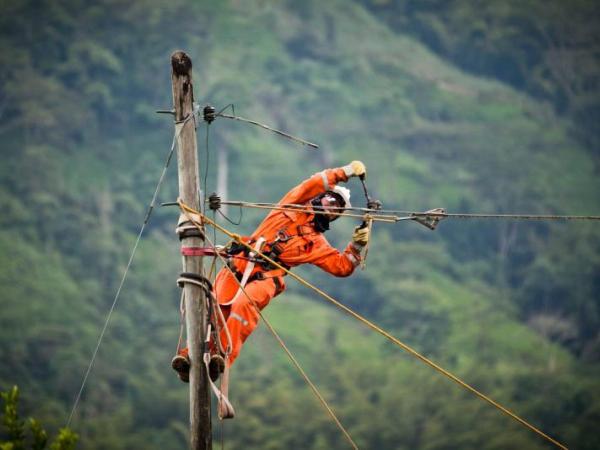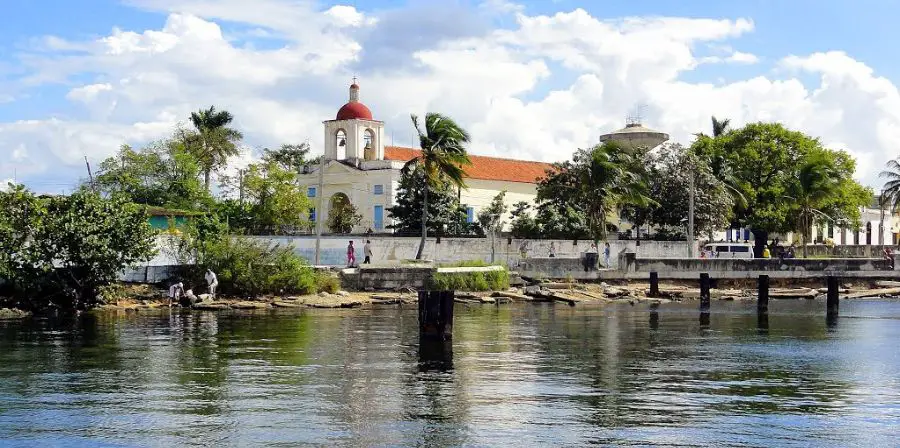Last Thursday the CThe Council of State decreed as an emergency precautionary measure to suspend Decree 227 that allowed President Gustavo Petro to resume general regulatory functions of the public services regulation commissions.
The court’s decision was made before the claim was even admitted, explained Roberto Serrato, president of the Council, “after considering that this was urgent due to the temporality (three months) of the administrative decision on control.”
(Read: Petro criticized decision that removes control of service regulation).
The decree was sued by the lawyers Lucas Arboleda and Julián Solorza, who explained the reasons for their action and the effects of the Council’s decision.
Solorza pointed out that there was a first motivation related to the advertising time that is established for this process, which is 15 days. In the case of this decree, the time given was two days. The lawyer added that this was done without full justification that accounted for the need for less time than stipulated.
Now, the other argument is directly related to theThe bases with which the decree claimed the designated regulatory functions in the Energy and Gas Regulation Commission (Creg) and the Water and Basic Sanitation Regulation Commission (CRA).
Arboleda pointed out in this regard that “After the 1991 Constitution, the State became a regulator rather than a provider. But an institutional framework was designed so that a blackout would not happen again”. For this reason, he himself stressed that the design is made so that the different entities are in charge of different issues to guarantee the provision of the service.
The lawyers stressed that although the Constitution gives some powers to the president to regulate, “theor that invalidates the decree is that those powers were confused to the extent that the Constitution gave the legislator the powers to make the delegations. That is, it is a reserve ofand “, asserted Arboleda.
(Read: ‘It is unnecessary to ignore regulation commissions’: message to Petro).
“You cannot delegate or resume a function that is not your own,” said Solorza.
In fact, they pointed out that the tariff powers were granted by Congress with laws 142 and 143 of 1994.
Additionally, the decree issued indicated that the CREG and the CRA could only issue regulations of a particular nature, thus blocking them from issuing general regulations. Arboleda said that this meant an invasion of powers that the executive did not have.
This point was supported by the Council which reported that “The accused act manifestly transgressed the norms invoked by the plaintiffs in the claim brief and in the precautionary request, since the function of regulating the tariff regime for public services was assigned by the Constituent directly and expressly to the regulatory commissions for public services, so the President of the Republic could not resume functions that are not within his competence.
Since the effects of the decree issued on February 16 were annulled, the regulatory commissions returned to have full regulatory powers. According to Arboleda, this represents a return to the previous state in which these entities are fully in charge of regulating these public services.
The plaintiff lawyers indicated that due to the urgency and relevance of the issue, a A substantive decision by the Council of State could take a year.
(In addition: Requests from energy unions to Petro so as not to affect users).
Precisely while waiting for a final ruling by the Council, the public services union, Andesco, pointed out that “as long as the substantive decision is not given, said decree does not produce effects”, so they expect this decision to take place.
BRIEFCASE







